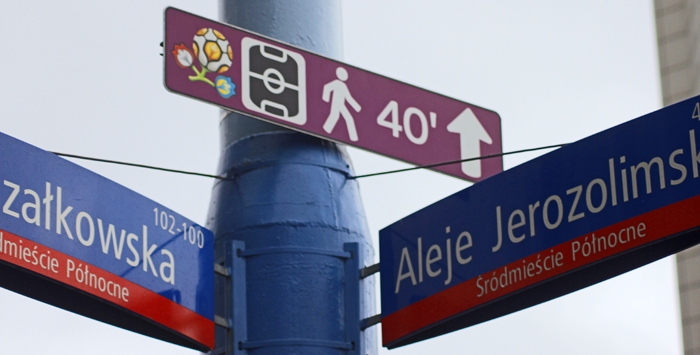An old Chinese proverb says that “learning is a treasure that will follow its owner everywhere.” Learning from each other, or knowledge-sharing, is a sought after valuable asset in today’s world, which brings people and economies together, no matter the physical, social, or economic distance between them. Such is the case of Shanghai and Warsaw – two partners brought together through a knowledge exchange event hosted by Warsaw City earlier this week.
At first glance, the two cities do not seem to have a lot in common. With Shanghai’s GDP almost six times larger than Warsaw’s, and its population over 12 times bigger, there seems to be little common ground for discussing the various challenges the cities are facing. On the other hand, both cities are important regional players – Warsaw in the European context and Shanghai in Asia.
Just a few weeks after Country Director for Central Europe and the Baltic Countries Mamta Murthi spoke in a panel in Krynica urging Poland to become more global in sharing its experience, Warsaw City hosted a full-day knowledge exchange event with representatives of the Shanghai municipality, facilitated by World Bank experts from the Bank’s Poland and China offices. The event aimed to share good practice examples for medium-term budget planning and executing, and debt and liquidity management.

